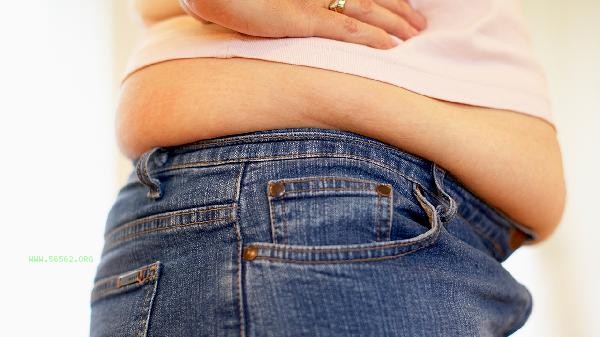Dieting to lose weight can indeed lead to hypoglycemia, especially with unscientific extreme dieting methods. The risk of hypoglycemia is mainly related to factors such as insufficient carbohydrate intake, long meal intervals, decreased basal metabolic rate, abnormal insulin sensitivity, and individual differences.

1. Insufficient carbohydrate intake:
Excessive reduction of carbohydrate foods such as staple foods and fruits can cut off the main energy source for blood sugar. When the glucose concentration in the blood is below 3.9mmol/L, hypoglycemic reactions such as dizziness and hand tremors may occur. It is recommended to ensure a daily intake of at least 100-150 grams of purified carbohydrates.
2. Long intervals between meals:
Long periods of fasting can lead to depletion of liver glycogen reserves. When the body does not eat for more than 12 hours, it may break down muscle protein to provide energy, which is more likely to be accompanied by low blood sugar symptoms such as cold sweat and palpitations. It is recommended to supplement a small amount of protein or complex carbohydrates every 3-4 hours.
3. Decreased metabolic rate:

Long term low calorie diet can cause a 20% -30% decrease in basal metabolic rate. When the body enters the "energy-saving mode", the ability to regulate blood sugar decreases, and slight activity may trigger reactive hypoglycemia. The daily calorie intake should not be less than 1.2 times the basal metabolism.
4. Abnormal insulin regulation:
Repeated dieting may cause fluctuations in insulin sensitivity. Some people secrete excessive insulin after eating, leading to a sudden drop in blood sugar 2-3 hours after meals. This type of situation needs to be improved through a balanced diet and moderate exercise.
5. Individual differences:
Special groups such as diabetes patients, people after gastrointestinal surgery, hyperthyroidism patients are more prone to hypoglycemia. Due to hormonal changes, the threshold for blood glucose fluctuations in women may decrease one week before their menstrual period, and it is necessary to increase the proportion of high-quality carbohydrates appropriately. Scientific weight loss should follow the principle of gradual progress, and it is recommended to adopt a diet structure of high protein, medium low carbon water, and moderate high-quality fat, combined with resistance training to maintain muscle mass. You can carry sugar free nuts or whole wheat biscuits with you as an emergency meal. If you experience symptoms of low blood sugar such as palpitations or cold sweats, immediately consume 15 grams of fast carbon and stop activities. Regularly monitor fasting blood glucose in the morning and 2-hour postprandial blood glucose. If the blood glucose level repeatedly drops below 3.9mmol/L, seek medical attention promptly to investigate insulin resistance or organic diseases. It is recommended to control the weight loss rate at 2-4 kilograms per month, as excessive pursuit of rapid weight loss may lead to metabolic disorders.





Comments (0)
Leave a Comment
No comments yet
Be the first to share your thoughts!